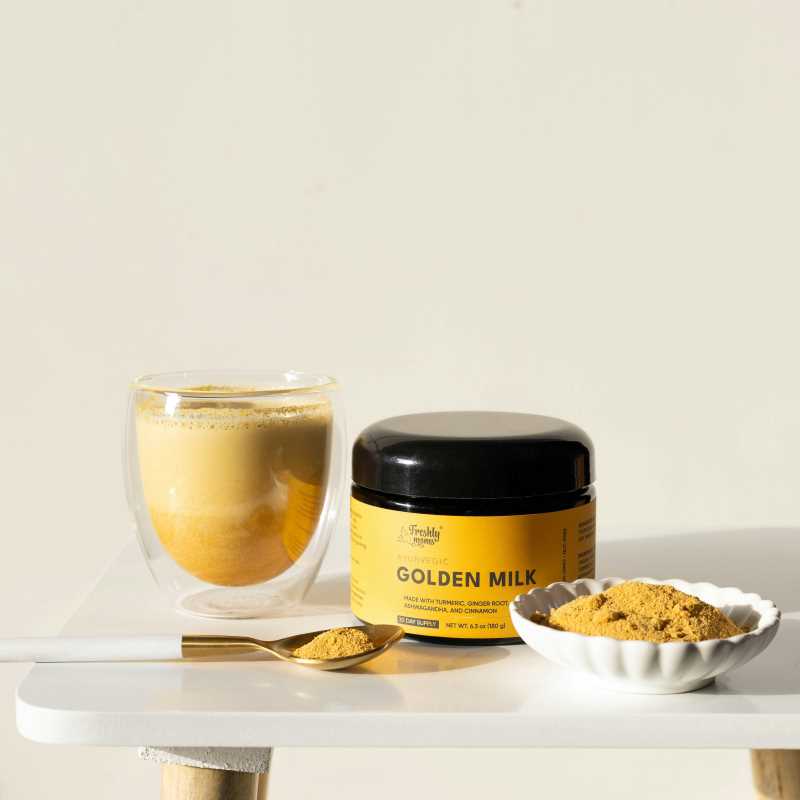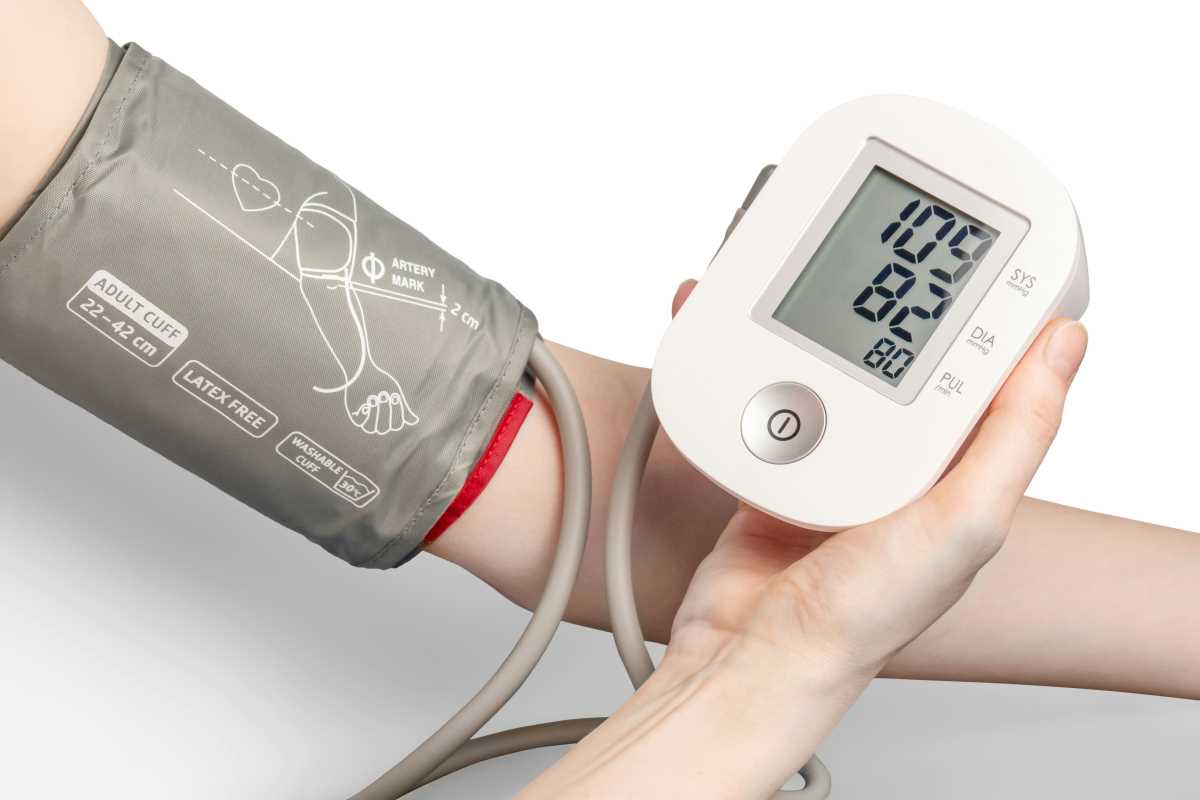Bone health might not be the most glamorous topic, but it’s absolutely vital for living your best, most mobile life. Without strong bones, daily activities can become harder, and your risk of fractures or osteoporosis increases. The truth is, you don’t need to wait until there’s a problem to start focusing on your skeletal system. Here are some of the best, science-backed ways to strengthen those bones and keep you moving with confidence.
Boosting Bone Strength with Calcium and Vitamin D
When it comes to bone health, calcium and vitamin D are the ultimate power duo. Calcium is like the bricks of your bones, while vitamin D acts as the builder, ensuring your body can absorb and use calcium effectively. Together, they create a foundation for resilient bones.
To get started, focus on adding calcium-rich foods to your diet, like dairy products, leafy greens, almonds, and fortified cereals. Don’t leave vitamin D out of the equation, though. Fatty fish like salmon and mackerel are excellent sources, as are fortified juices and egg yolks. Can’t get enough from food alone? Spend some time soaking up the sun for a natural vitamin D boost, but don’t forget your sunscreen.
What’s the reward for all this effort? Stronger bones that can withstand the wear and tear of daily life. Plus, keeping calcium and vitamin D levels up now reduces your risk of osteoporosis later. Aim to make these nutrients cornerstones of your diet so you can walk tall (literally) into your golden years.
Building Bones with Weight-Bearing Exercises
No, you don’t need to join an intense CrossFit class to strengthen your bones. The real magic lies in weight-bearing exercises, which encourage your body to produce more bone tissue. Activities like walking, jogging, dancing, tennis, and hiking are all excellent for giving your bones the gentle stress they need to stay strong.
The beauty of weight-bearing exercises is their adaptability. If you’re just starting out or dealing with joint issues, low-impact movements like yoga or elliptical machine workouts provide similar benefits without added strain. Resistance exercises, like lifting weights or even bodyweight squats, are also a fantastic way to increase bone density and muscle strength simultaneously.
Not only do these activities help build bone tissue, but they also improve balance and coordination. This means fewer falls and injuries as you age. Remember, consistency wins here. Find activities you enjoy so that exercising becomes a habit rather than a chore. Bonus points if you can sneak in some social time with a friend during a hike or Zumba class!
Sidestepping Harmful Habits that Damage Bone Health
Strong bones don't just depend on what you do; what you don’t do matters just as much. Certain habits can weaken your skeletal system over time, even if you think the rest of your lifestyle is spot-on. Smoking and excessive alcohol consumption are two of the biggest culprits. Both interfere with calcium absorption and reduce the body’s ability to build and maintain bone density.
It doesn’t stop there. A diet high in salt can draw calcium out of your bones, leaving them more fragile than they should be. Think twice before reaching for that processed snack or adding extra salt to your meals. And don’t rely too heavily on caffeine either; while your morning coffee won’t shatter your skeleton, excess caffeine can contribute to calcium loss if you’re not careful.
Here’s how you can steer clear of habits that harm your bones:
- Replace processed foods with fresh, whole ingredients.
- Limit alcohol to one glass a day (or less, if possible).
- Avoid picking up smoking or get help quitting if you already do.
- Stay mindful of sodium and caffeine intake by reading food labels.
Dodging these pitfalls may not sound fun at first, but think of it as giving your future self a massive thank-you gift. Healthier bones mean fewer limitations as you age.
Turning to Supplements for Extra Support
For many adults, eating a perfect diet every single day just isn’t realistic, and that’s where supplements can play a meaningful role. Calcium and vitamin D supplements are among the most common and effective choices, especially for people who struggle to get enough through food or sun exposure alone.
Beyond the basics, consider adding magnesium and vitamin K2 into the mix. Magnesium helps your body properly use calcium, while vitamin K2 ensures it ends up in your bones instead of settling in your arteries. Supplements containing collagen peptides can also support bone density by improving the structure of the connective tissue that surrounds and supports your bones.
Before adding any supplements to your routine, it’s important to consult your doctor or dietitian. They can recommend the right dosage and ensure that you’re not overdoing it. After all, more isn’t always better, and taking too much calcium, for instance, can lead to kidney stones. With the right guidance, though, supplements can give your bones the added edge they need.
Staying Ahead with Regular Check-Ups
Prevention is always easier than treatment, and regular check-ups are an extremely effective way to monitor bone health. Especially as you age, routine screenings, like a bone density test, can provide a detailed snapshot of where you stand and catch any issues before they become bigger problems.
By keeping up with annual physicals, you’ll stay informed about whether you’re getting enough essential nutrients or need adjustments to your lifestyle. It’s also the perfect time to discuss your exercise regimen, explore additional support like medications if needed, or tackle risk factors like a family history of osteoporosis.
Regular check-ups keep you proactive rather than reactive. They’re not just about identifying problems but also about giving you the tools and resources to maintain strong bones for the long haul. Treat these visits as an investment in your health, because they absolutely are.
Stepping into Stronger Bones, One Change at a Time
Strengthening your bone health doesn’t require an extreme overhaul of your life. Instead, it’s about small but meaningful habits that add up over time. From upgrading your nutrition and enjoying weight-bearing exercises to avoiding sneaky bad habits and considering a helpful supplement, you have plenty of options to fortify your skeleton.
Remember, bone health starts now, not when issues arise. Every step you take, whether it’s swapping soda for fortified almond milk or going on a brisk daily walk, brings you closer to stronger, healthier bones. And who wouldn’t want that? After all, life’s better when you can stand tall, dodge fractures, and move freely. Isn’t that worth the effort?
 (Image via
(Image via





